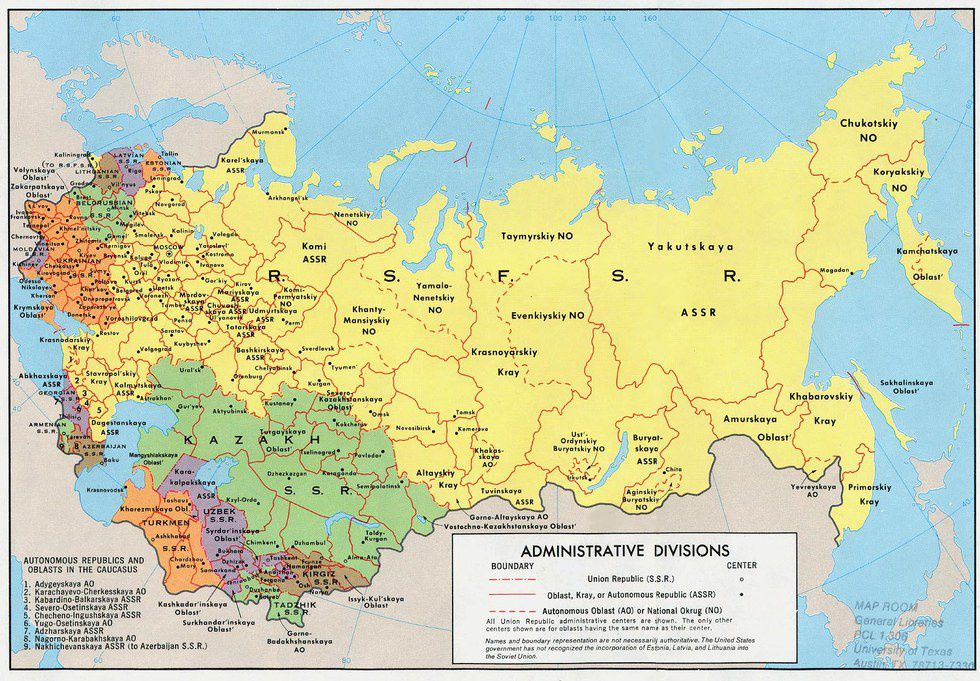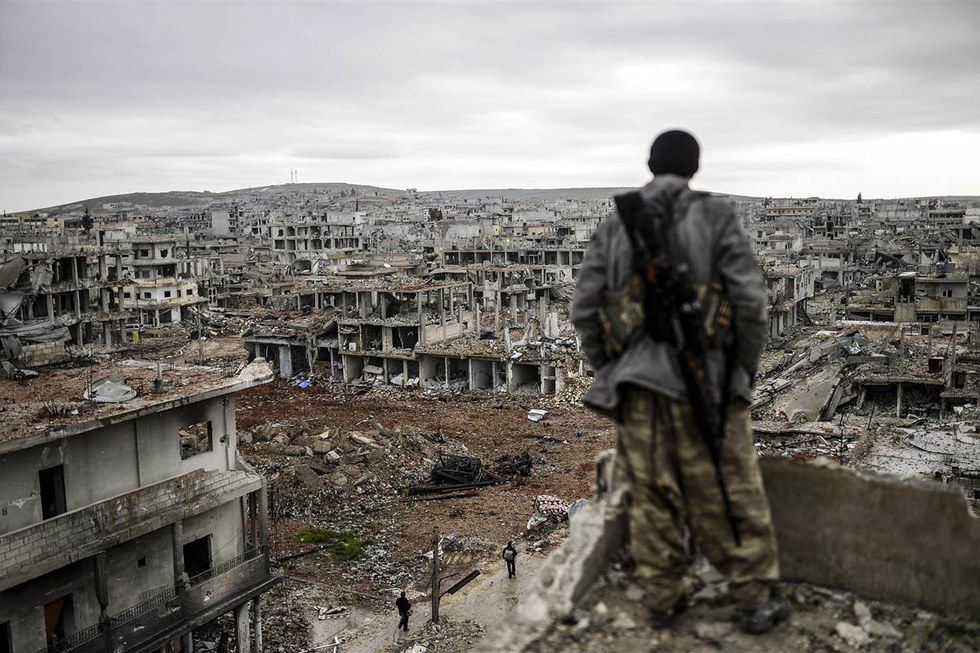Nobody was asked to be born, and nobody has ever been in full control of their surroundings. The moment someone is born, they become subject to the full effects of their environment; with luck, perspective allows an individual to navigate and empathize how it is to live different lives. However, not everyone can abstract their life's details in order to find a holistic mentality, and not everyone can have the freedom to do so in the first place. One of the most basic freedoms is the ability to wonder, to idle, to imagine, to live ethereally without interruption from corporeal elements like homelessness, hunger and disease. This is the divide between the communities that some live in, the life of first world problems and third world problems (even though the terms "first world," "second world", and "third world" were Cold War-era terms originally created to classify countries that were aligned with the US/UK, neutral, or aligned with the Soviet Union, respectively).
Classification of countries aside, the whole world is covered with human populations, each diverse culturally and with civil polity. The fact is that every neighborhood around the world is different. While most of the world is covered in violent conflicts, and developments with ongoing conflicts being reported daily (thanks to websites like http://www.warsintheworld.com/), most people don't face this large a scale of violence, gunfire, explosions, and armed soldiers moving through public streets, however prevalent they might be to a significant portion to the population.
But the world's problems aren't just armed conflicts, insurgencies and wars in a far away country. While in these places of the world, brutal bare nature takes its course in a game of survival of the fittest where everyone fights to maintain order and control, other places still maintain civil order; that is, the population believes in a legitimate order and purpose in their civil structure, living their daily lives relatively peacefully and freely from school to workplace to leisure time. However, despite a calm, albeit intense economically civil capital-driven environment, some problems happen very close to our own neighborhoods, in these so called "first world countries;" and are often times socio-economic, environmental, and invisible to most. Some examples in the United States are like the contemporary North Dakota Pipeline or the recent flood in Louisiana, while other significant environmental issues, in general, have been ongoing for decades (like this list written by thegrio.com of top ten environmental issues affecting urban America. I'd consider anyone that doesn't deal with these kinds of problems in their local neighborhood lucky, but at one point we all will.
There are big questions that don't need immediate answers in most of our day-to-day lives, but eventually the time will come where we'll see the effects of pollution, socio-economic issues like gentrification and homelessness, possibly harmful engineering projects that are backed by government/private firm aggression in our own communities, or engineering accidents like the enormous Porter Ranch and Aliso Canyon gas leaks. In fact, in your lifetime, you've probably been witness to such an issue. But in the end, it's far too easy to let them happen and move on. Afterall, what is there to do about an issue that seems so far out of our grasp, so complicated to understand?
While not every conflict involves guns, tanks, and bombs, some of the issues that everyone has to face are potentially harmful engineering projects, economic disasters, and natural disasters, and the way they affect society overtime really is a complicated issue that affects all of us continuously. The world isn't perfect for anyone, because we as humans are still developing and better understanding the complexity that exists on all levels of our societies. And even though we can still live through most small inconveniences and issues, we mist ask, ourselves, when will enough be enough? Where do you personally draw the line? When is the appropriate time to leave the comfort of introspective, idle living, and begin the life of an activist?
The truth it everyone has a different answer, and a different time, because everyone's lives are different. Soon, some kind of issue is going to give all of our lives problems we won't want to face. While there are many different kinds of issues in the world, it's best to be as most informed as possible no matter where you live.
But aside from that, I end this open letter by giving my deepest respect and thanks, even though at this moment it's only presented here through the internet, to everyone, everywhere, struggling with all their being to fight to protect the land we live on, to fight against political movements that they believe infringe on our rights and safety, that they believe will make the world a better place for everyone. As society and the increasing demands for resources, political control, and social engineering becomes more complex, one can only hope that people can become educated enough and challenge enough to create a balance in a world of constant struggle and conflict for many.
It is my most sincere hope that we can find a good balance between living our lives and finding our way in living along with the bigger communities around us, however aggressive, polarized, or turbulent they might become, in peace.

























